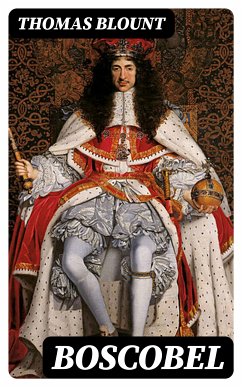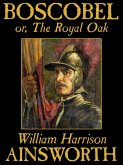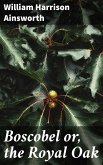In "Boscobel," Thomas Blount intricately weaves a narrative set against the backdrop of the English Civil War, deftly blending historical detail with a vivid literary style that invites readers into the turbulence of 17th-century England. The prose is notable for its elegant and lyrical quality, drawing upon Renaissance influences while presenting a raw perspective on loyalty, betrayal, and survival. Blount's portrayal of the royalist figure, Charles II, showcases a blend of history and imagination, offering insight into a pivotal moment in English history through richly drawn characters and evocative settings. Thomas Blount was not only a notable author but also a scholar, whose curious mind and experiences during a time of great political upheaval likely inspired his writing. His background in linguistics and his deep understanding of contemporary issues lend depth to his characterizations and themes. Living through a time of shifting loyalties and societal challenges, Blount infused "Boscobel" with a sense of urgency and relevance, reflecting both historical realities and personal convictions. "Boscobel" is highly recommended for readers interested in historical fiction that captures the essence of a bygone era while resonating with contemporary issues of identity and loyalty. Blount's masterful storytelling invites both history enthusiasts and literary aficionados alike to explore the complexities of human emotions amid turmoil.
Dieser Download kann aus rechtlichen Gründen nur mit Rechnungsadresse in A, B, BG, CY, CZ, D, DK, EW, E, FIN, F, GR, H, IRL, I, LT, L, LR, M, NL, PL, P, R, S, SLO, SK ausgeliefert werden.









